Denis Lynch was a silent monk for 16 years. Today, he’s a hospice chaplain. Here’s how his path led to HopeHealth, and the lessons along the way.

Denis Lynch was a silent monk for 16 years. Today, he’s a hospice chaplain. Here’s how his path led to HopeHealth, and the lessons along the way.

If you’re living with serious illness, palliative care can transform your life. But due to common myths, not enough patients understand how. Here’s what palliative care is — and isn’t.
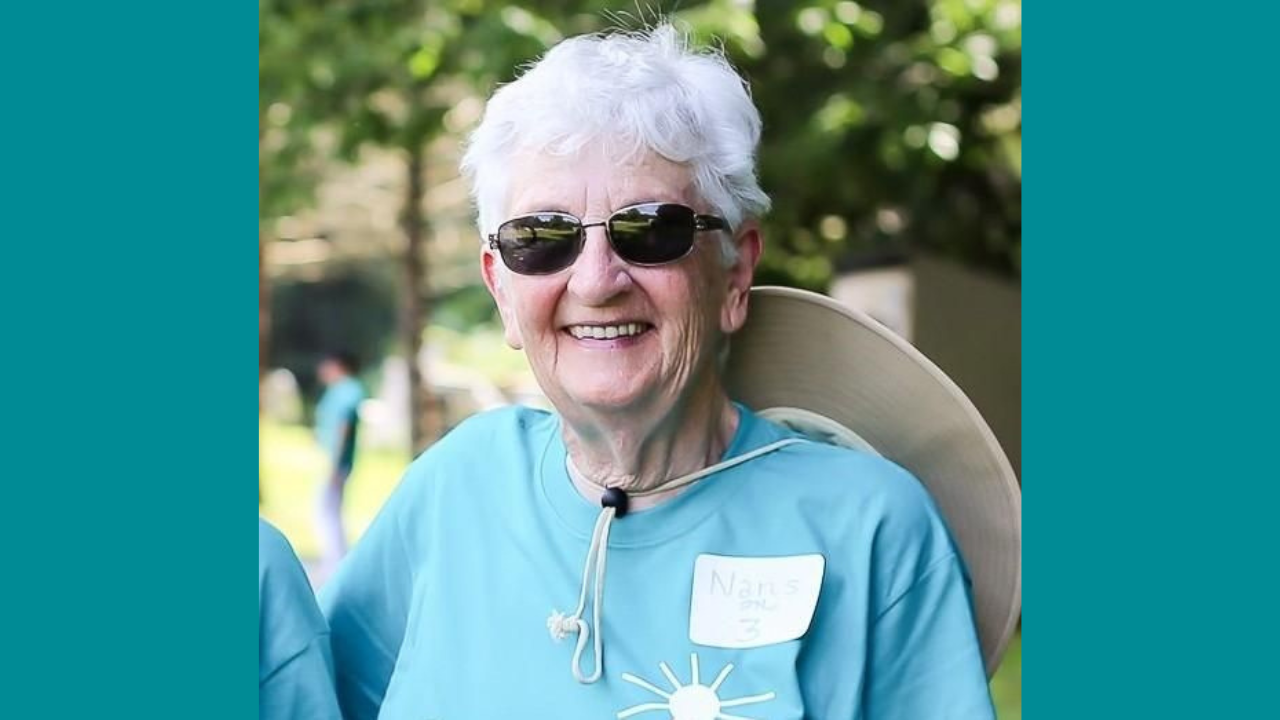
Over 12 years, volunteer Nancy Reiser shared many gifts with patients and families: compassion, a generous spirit, boundless energy. At the end of life, she made a final gift that will last forever.
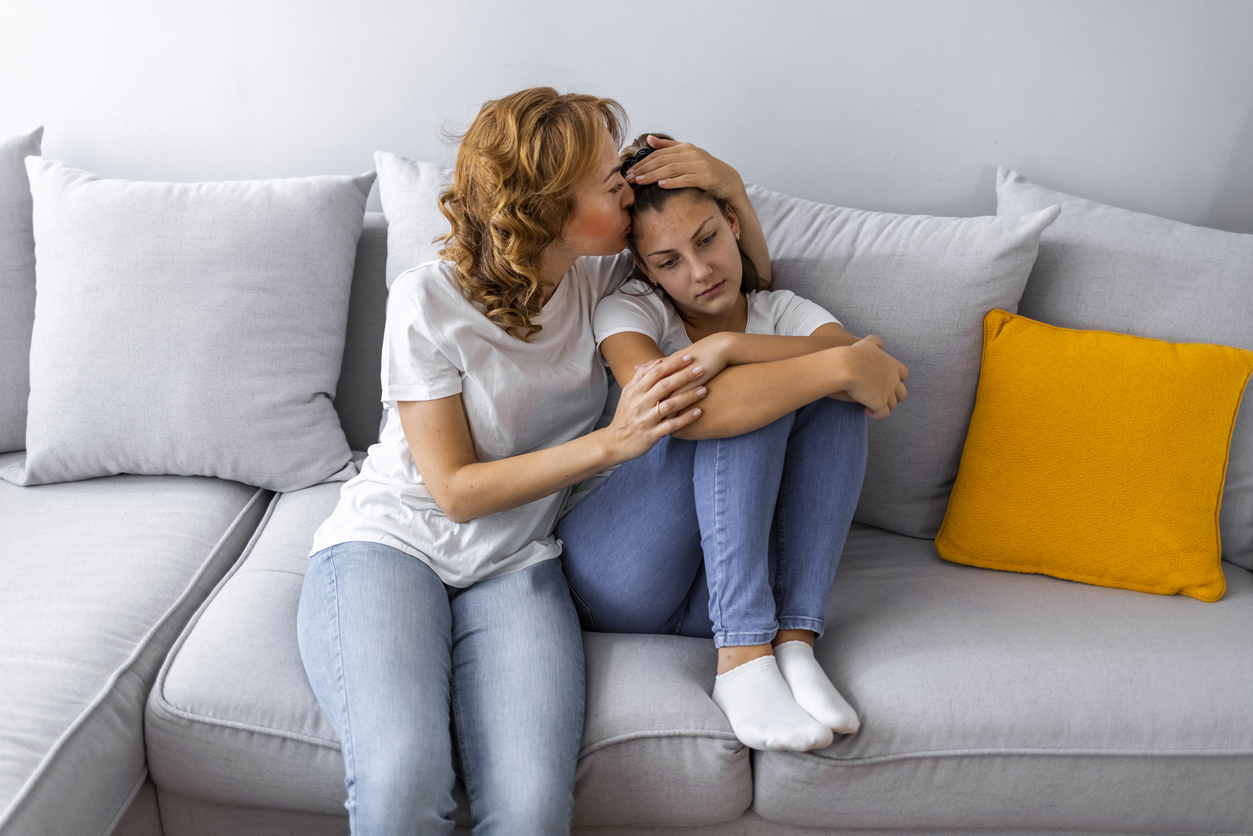
Kids with a parent, sibling or loved one on hospice need help coping with anticipatory grief, and preparing for what’s ahead. These activities can help.

Healthcare work is a special calling, with unique emotional demands. To support employees, HopeHealth launched Professional Pause. These monthly “well-being debriefings” use a simple, powerful technique to prevent burnout.
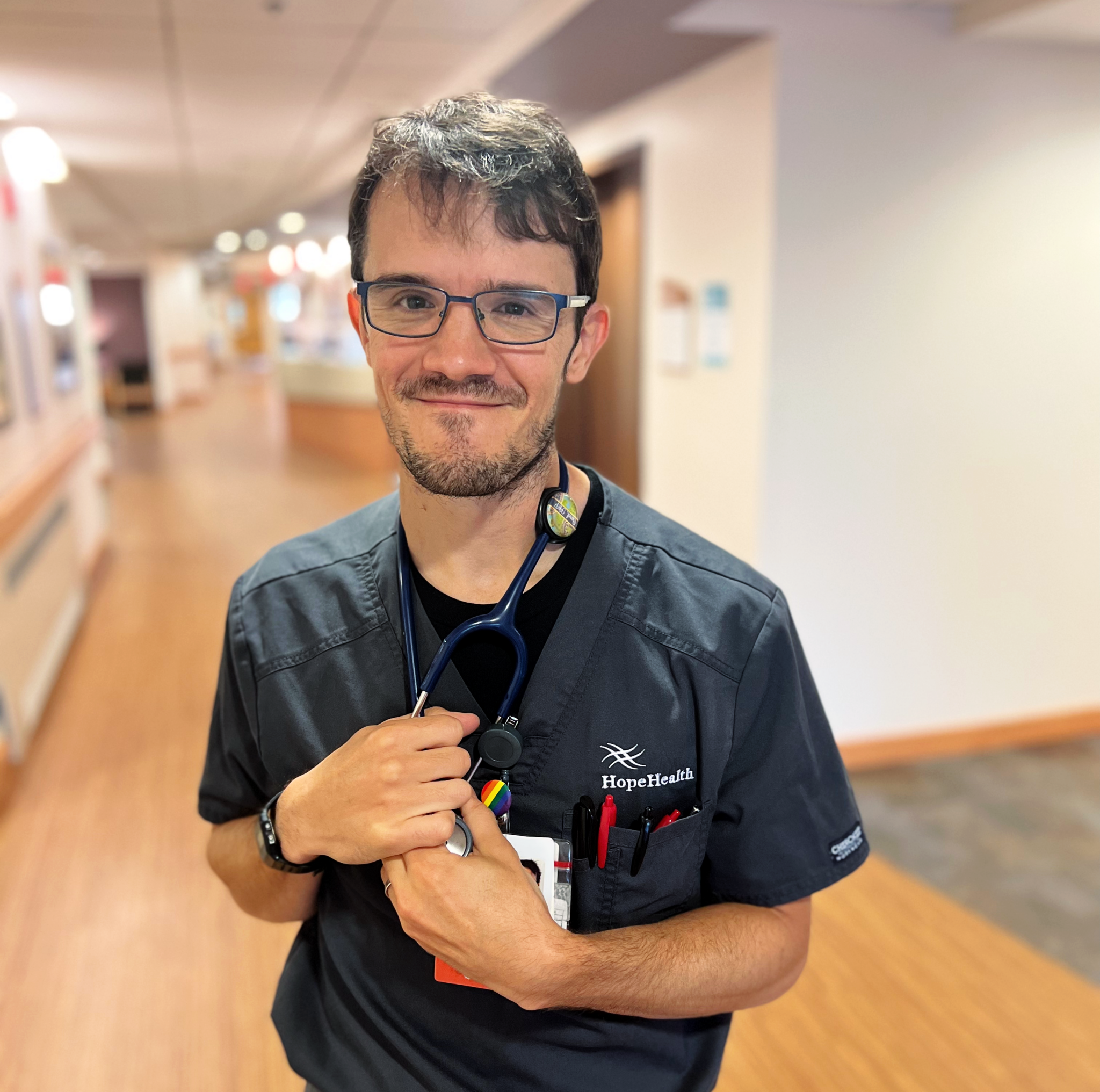
An inpatient hospice nurse opens up about his experiences at Hulitar Hospice Center, and what it means for patients and their families spending their final moments together.
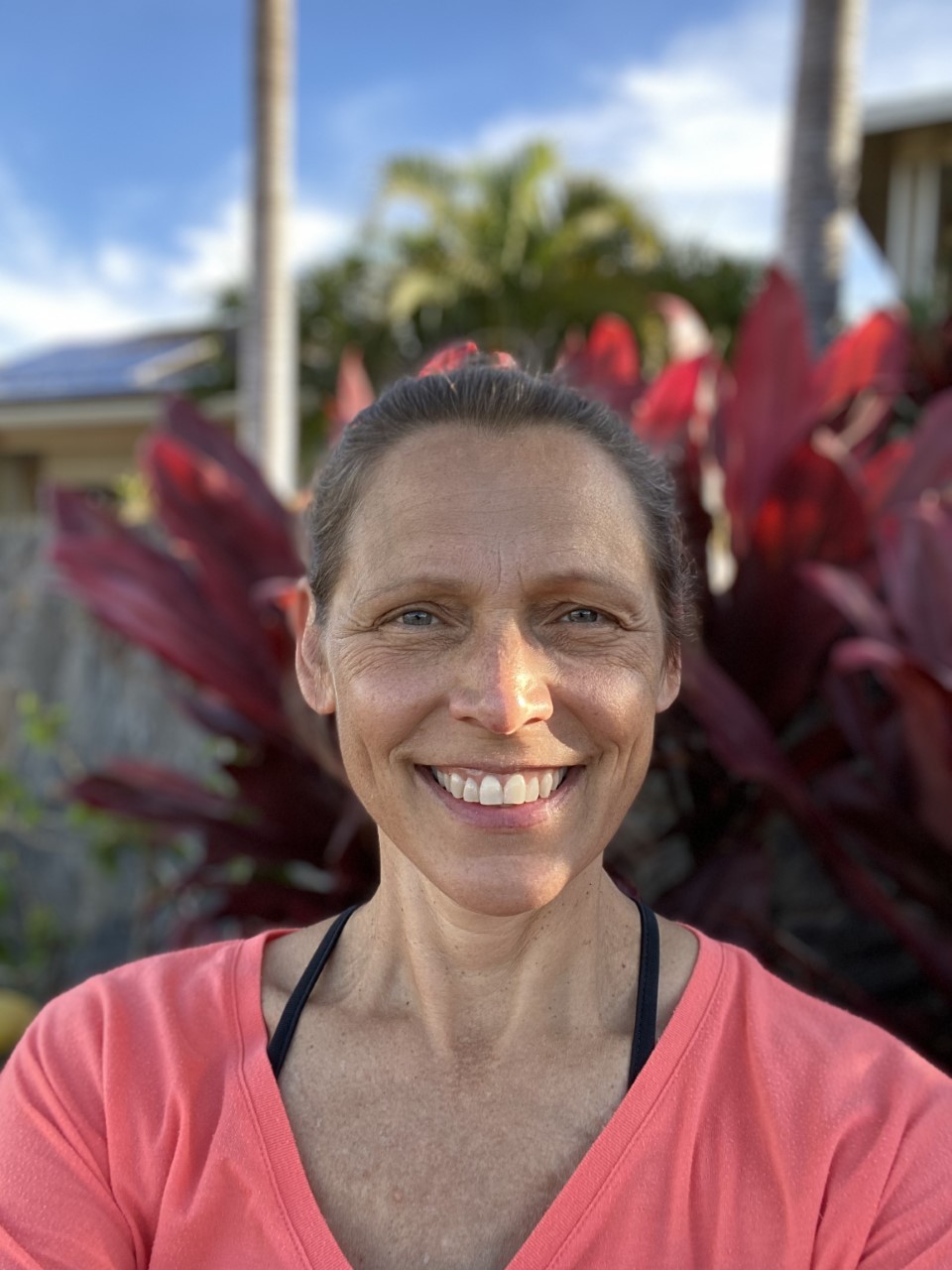
Joy, comfort, connection: In 10 years as a HopeHealth volunteer, Dace Krasts of South County, RI, has seen the many sides of hospice care.
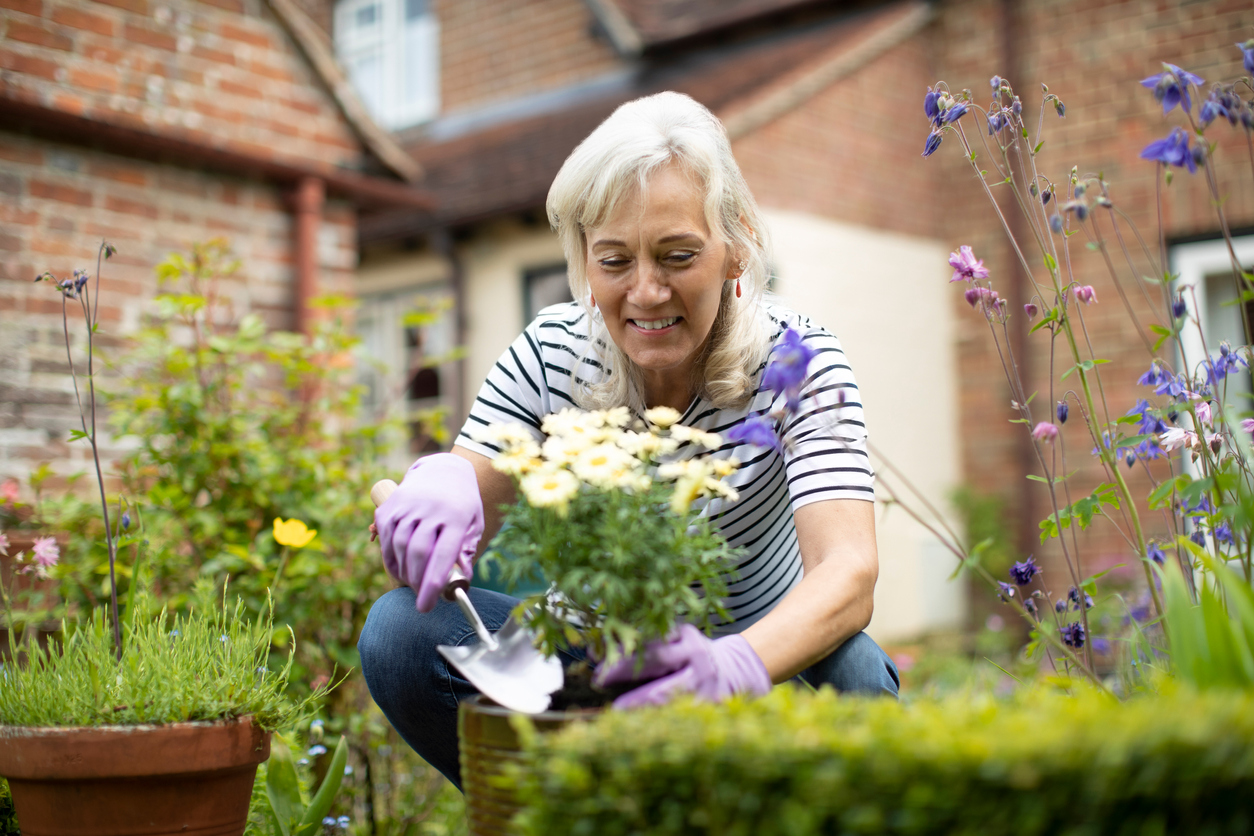
When you’ve lost someone special, your love for them continues. Where can you put that love? A grief expert shares ways to heal and feel connected after a death.
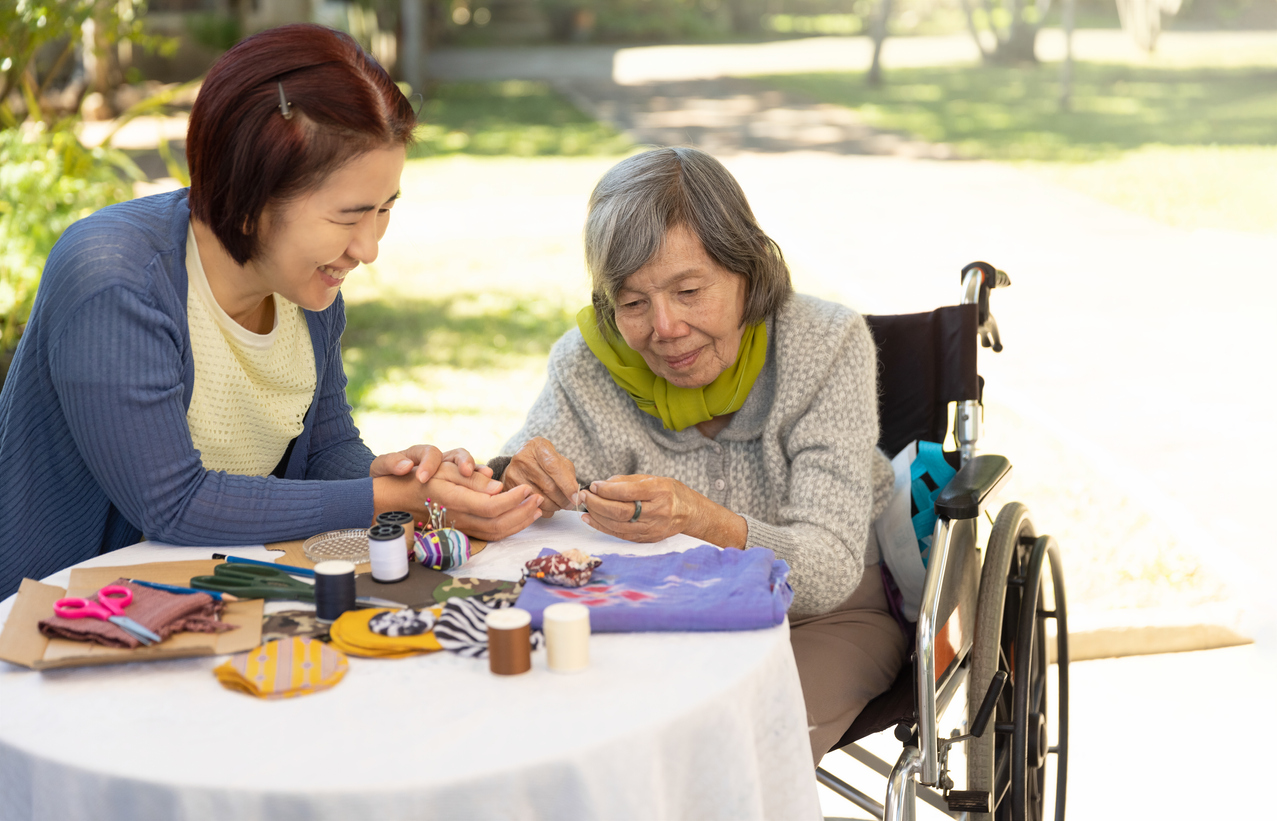
If your loved one is living with dementia, meaningful activities can help them feel connected, engaged and valued. Here are tips and ideas to get you started.
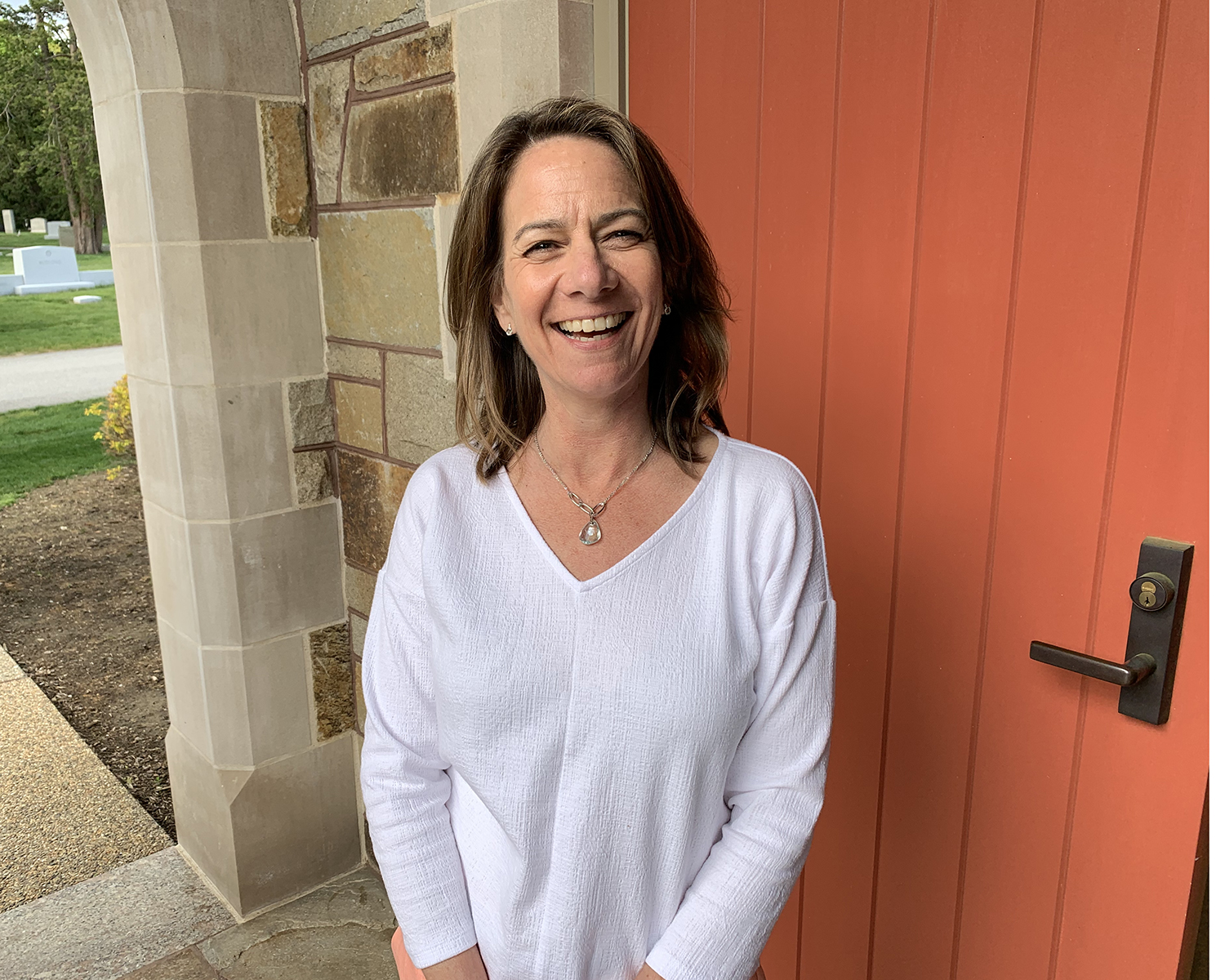
When Marsha Ireland was 36, she lost her husband and the father of her young children. In the wake of that loss, she found her calling as a grief counselor.